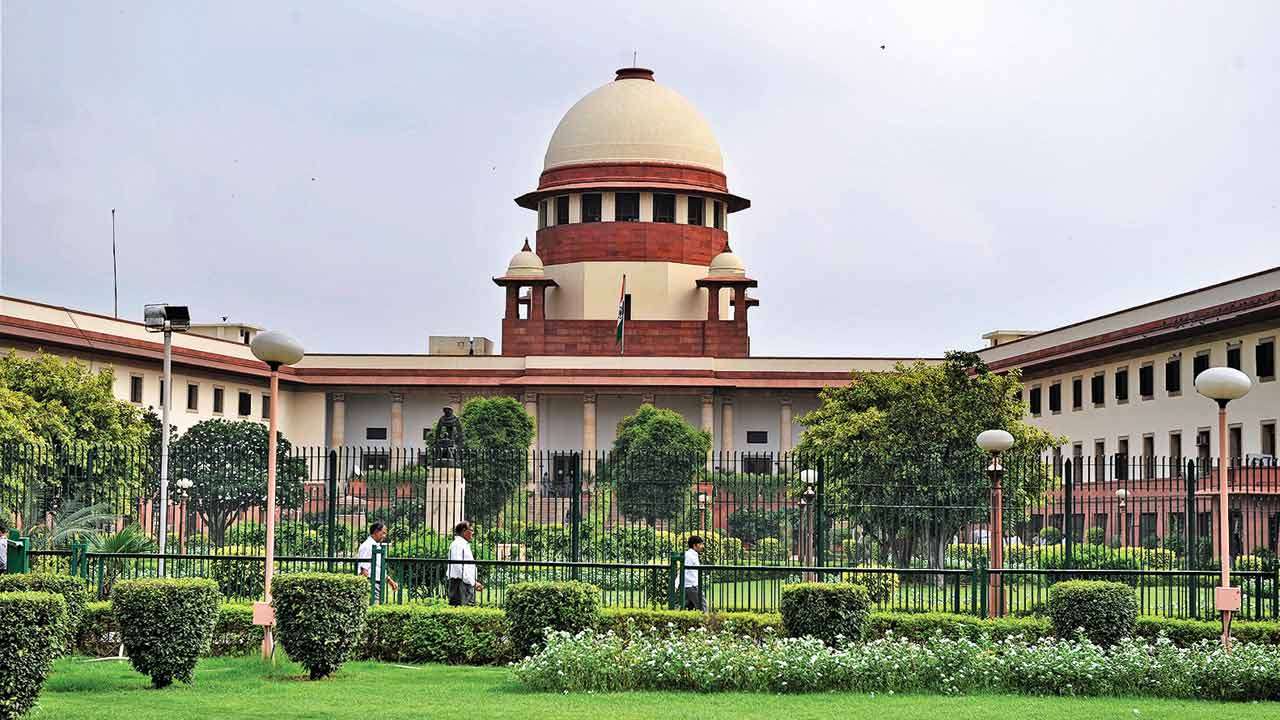

By Sunil Garodia
First publised on 2022-08-26 05:28:08
The Supreme
Court has decided to review two controversial aspects of its July 27 verdict on
the PMLA Act and the powers of the Enforcement Directorate (ED) relating to
providing Enforcement Case Information report (ECIR) to the accused and the
reversal of presumption of innocence. The Supreme Court bench in its earlier
order had held that it was not mandatory for the ED to provide the ECIR to the
accused at the time of arrest. It had also held that the onus of proving his or
her innocence was on the accused, making it difficult for them to secure bail.
It is good
that the Supreme Court has decided to review these two aspects in its earlier
order. It defies logic to prevent an accused from knowing for what he or she is
being arrested. If the ECIR is not provided at the time of arrest, the accused
would also not be able to prepare a legal defence as they would not know the
reason of their arrest. It is against law, due process and legal conventions to
deny the accused the right of defending themselves against the charges.
Further, it
is a legally established principle that an accused is presumed to be innocent
till a court finds him guilty. By shifting the onus of proving innocence on the
accused, the earlier order had turned the principle on its head. It would have
become extremely difficult for a person arrested under PMLA to get bail, once
again going against the legal principle of bail not jail.
The court
agreed that as per the plea the flagged issues needed a relook. The bench said
that the object of the PMLA "is noble" but also said that "the procedural
aspects, which you (the petitioners) are having objections to, prima facie we
feel only these two areas - non-provision of ECIR and reversal of presumption
of innocence - require relook". However, CJI NV Ramana added that "we are not
opposing any of these actions of the government and its agencies to stop money
laundering, or bringing back black money" which, he added, "are serious
offences which have to be taken to their legal conclusion".
There is no
doubt that money laundering, benami transactions and financial fraud are akin
to financial terrorism and have the effect of destroying the economy of the
nation. The Supreme Court has always held that these are serious offences and
the accused deserve no sympathy. But by agreeing to review the said two aspects
of its earlier order, the apex court has also recognized that the ED cannot be
armed with draconian powers and the accused have the right to defend themselves
against the charges and obtain bail. Also, the onus of proving them guilty must
remain with the prosecution.











